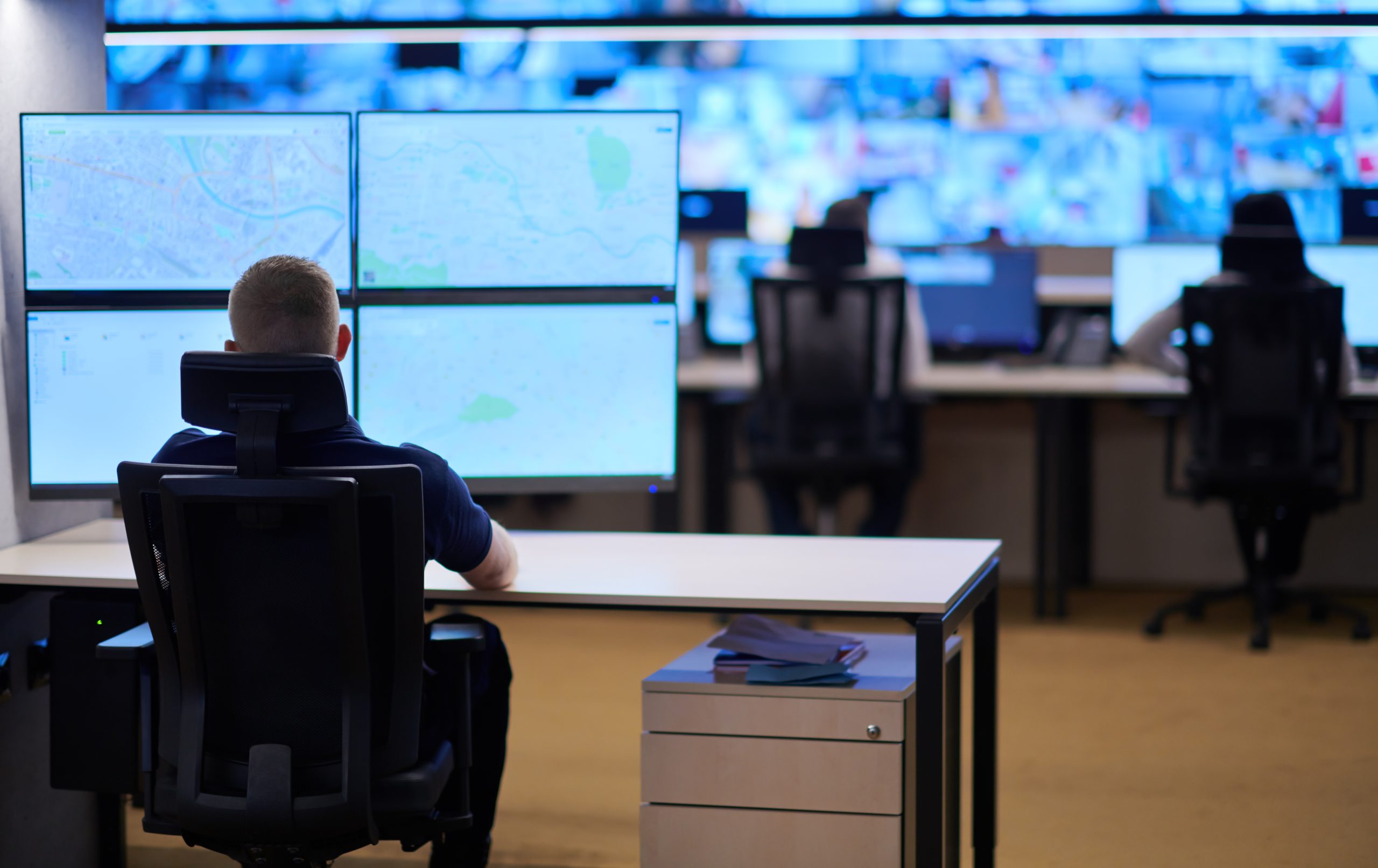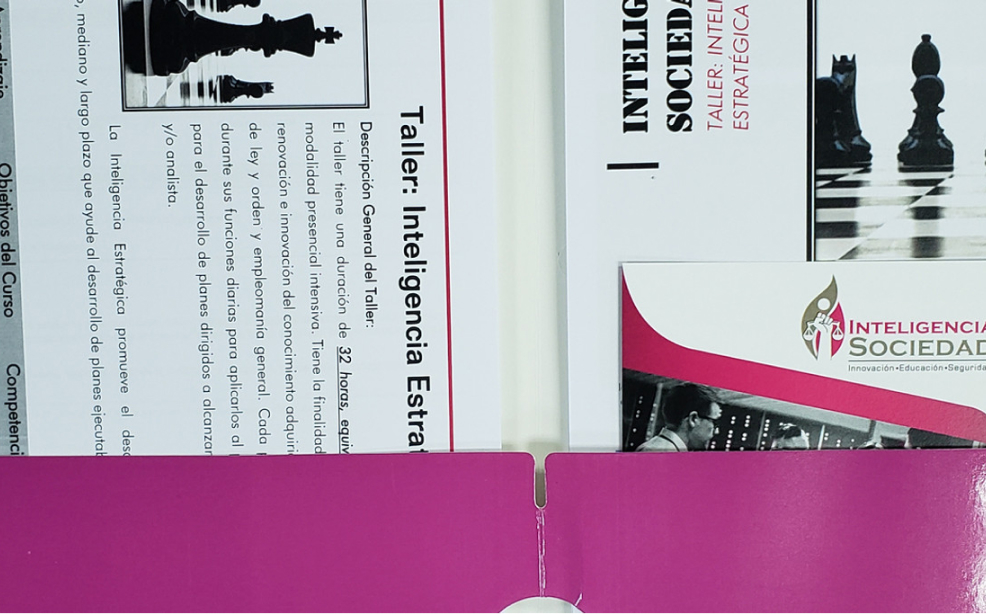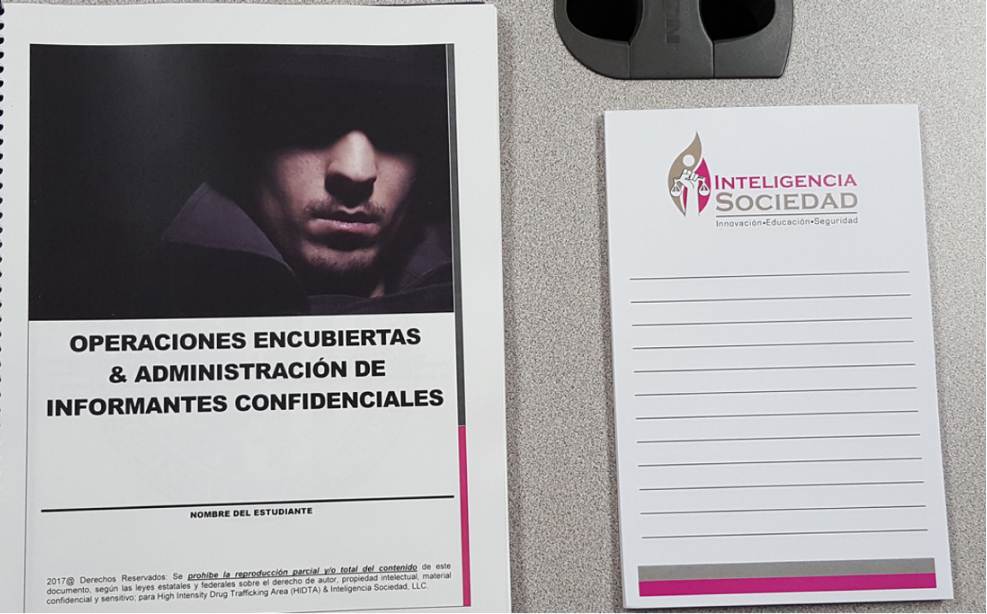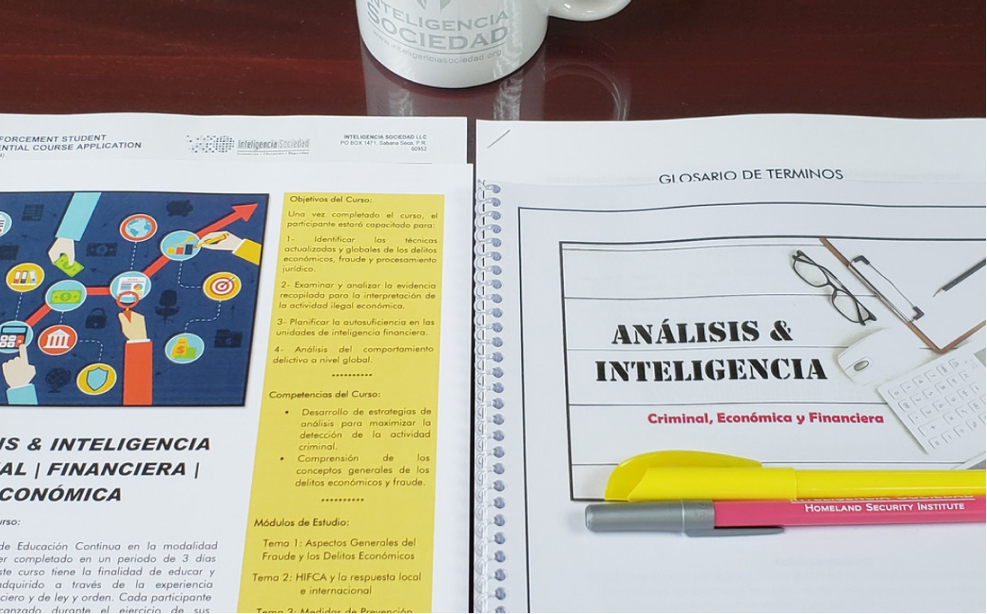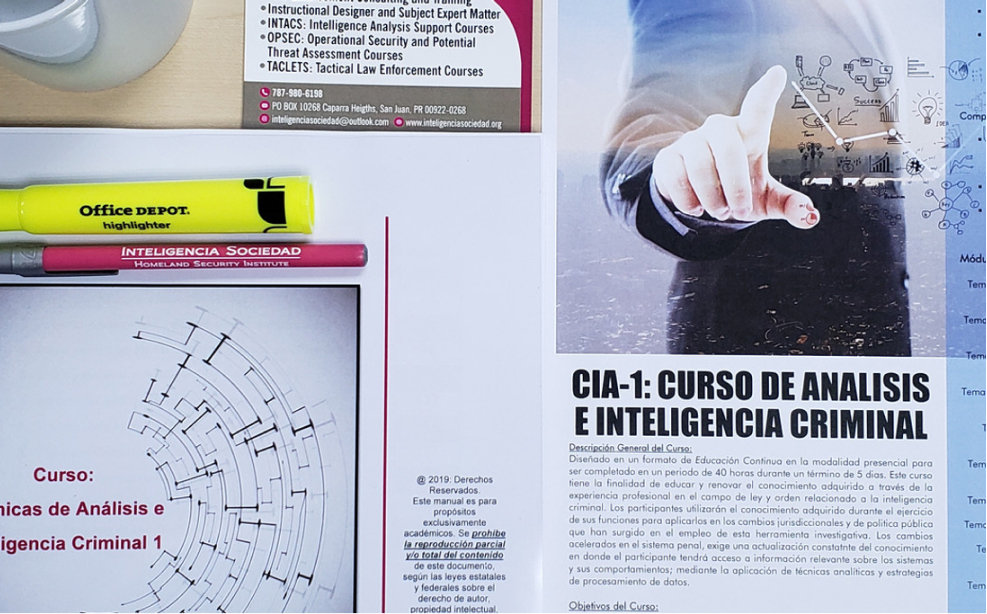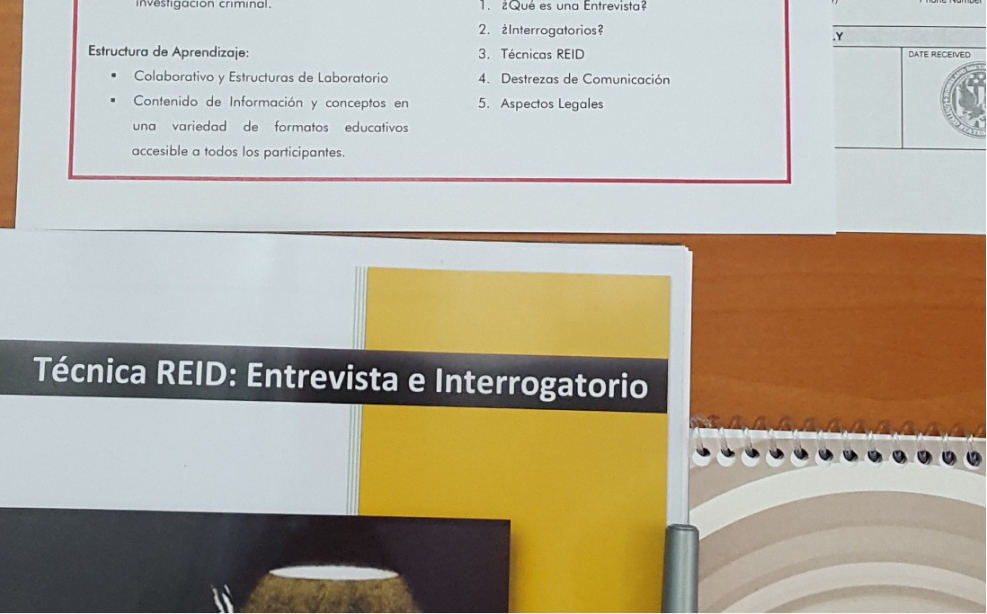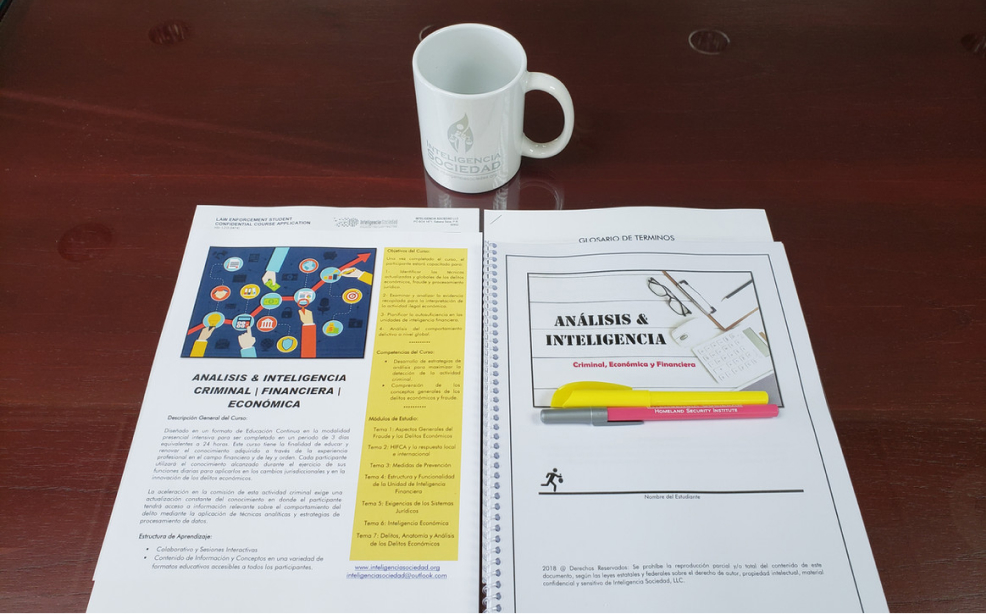Intelligence Analyst Criminal Justice and Law Enforcement Professional
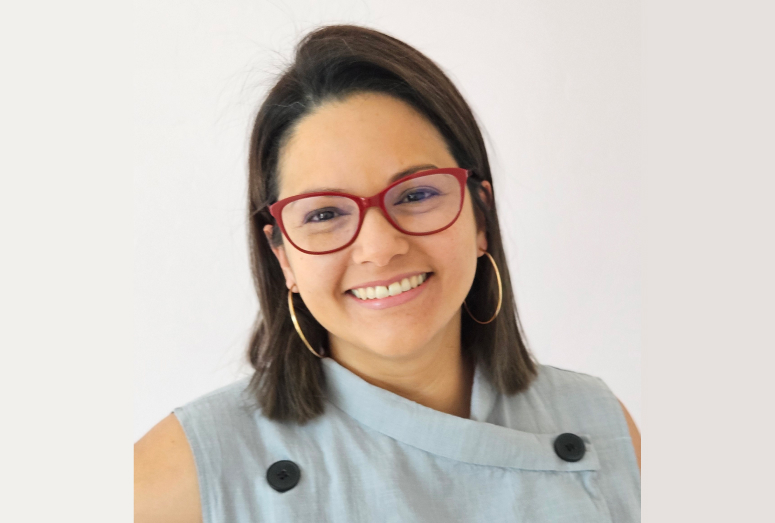
Experience Intelligence Analyst
A skilled professional expertly gathers, evaluates, and interprets information to empower organizations or governments in making well-informed decisions.
My skills are:
Gathering Data
Intelligence analysts collect information from a wide range of sources, such as open-source intelligence (OSINT) and human intelligence (HUMINT), to construct a thorough understanding of potential threats or opportunities.
Data Analysis
Assess the credibility, relevance, and importance of collected data, and use analytical tools and methods to identify trends, patterns, or potential risks.
Threat Assessment
Intelligence analysts evaluate the likelihood of security threats, political risks, economic changes, or criminal activities, providing strategic insights for decision-makers.
Reporting and Communication
After analyzing the data, they create detailed reports, visualizations, or briefings that help stakeholders understand the risks or actions needed to address the situation.
Collaboration
Intelligence analysts often work with law enforcement, military, government agencies, or private organizations to share information and ensure the security of assets, people, or national interests.
Gathering Data
Intelligence analysts collect information from a wide range of sources, such as open-source intelligence (OSINT) and human intelligence (HUMINT), to construct a thorough understanding of potential threats or opportunities.
Data Analysis
They assess the credibility, relevance, and importance of collected data, and use analytical tools and methods to identify trends, patterns, or potential risks.
Threat Assessment
Intelligence analysts evaluate the likelihood of security threats, political risks, economic changes, or criminal activities, providing strategic insights for decision-makers.
Reporting and Communication
After analyzing the data, they create detailed reports, visualizations, or briefings that help stakeholders understand the risks or actions needed to address the situation.
Collaboration
Intelligence analysts often work with law enforcement, military, government agencies, or private organizations to share information and ensure the security of assets, people, or national interests.
Cost-Effective Services: Why as an
Independent Intelligence Analyst?
Unbiased Analysis
Provide insights free from internal politics, ensuring decisions are based solely on facts, trends, and data for more accurate, impartial outcomes.
Cost Effective
Offer flexible contracts and scalable services, providing a cost-effective solution for organizations without the need for a full-time in-house analyst.
Specialized Expertise
With a focus on crime intelligence, i identify patterns in criminal activities and emerging risks. My bilingual skills enhance data analysis from diverse sources, including Spanish-speaking regions.
Improve the effectiveness and precision of your investigations

Fresh Perspective
As an outsider to the organization, I bring a fresh perspective, helping uncover risks, vulnerabilities, and opportunities that internal teams may overlook.
Confidentiality & Security
As an independent consultant, I prioritize confidentiality and security, ensuring sensitive information is handled with discretion and integrity.
Tailored Solutions
Collaborate with clients to deliver tailored analysis for criminal investigations, security assessments, and actionable intelligence for legal cases.
My Services
Dependable, Detail-oriented, and a Top-tier professional.
Intelligence Analysis Training
Train security and corporate teams in intelligence analysis techniques, data analysis, and threat assessment.
Crime Pattern Analysis
Share information on crime trends and areas with high crime rates.
Investigative Support Consulting
We provide case analysis and investigative support using advanced techniques to help solve or prevent crimes
Criminal Justice Curriculum Development
Create tailored curricula for academic institutions, corporate organizations, private sectors, and law enforcement agencies.
Policy Analysis
Assess criminal justice policies and offer recommendations to enhance safety practices.
Risk and Security Consulting
Guide on conducting risk assessments and implementing security protocols to improve the organization’s preparedness.
Ethics and Compliance Training
Training in regulatory compliance for professionals in intelligence and security.
Teaching Instructor
Designed, Created, and Taught courses related to Intelligence Analysis Techniques, Organized Crimes, Criminal Justice, and Police Sciences.
Advisor
Law Enforcement and Criminal Justice Entities Independent Intelligence Analyst.
Researcher Analyst
Translations, Researcher about Organized Crime Topics, Intelligence Products Designer.
Connect with
The Space of Agnes Elisa
Connect for collaborations, inquiries, or opportunities in eLearning and Development, Criminology, and Intelligence Analysis.

Decoding Crime, A 20-Year Legacy of Justice
From INTERPOL to Consulting, Expertise in Criminal Intelligence and Law Enforcement
With over 20 years of experience as a Criminal Intelligence Analyst and Special Agent, I specialize in unraveling complex criminal activities through a blend of intuition, analytical skills, and dedication to justice.
My background includes work in missing children, organized crime, narcotrafficking, and civil rights, where I honed my ability to uncover hidden operations and analyze data.
Having served as an Intelligence Analyst at INTERPOL and a special agent with various state and federal agencies, I now offer consulting and training services in intelligence analysis and law enforcement to private and corporate clients.
Transforming Intelligence into Action
Combining Technology and Expertise to Dismantle Crime and Empower Decision-Makers
As an information custodian, I convert raw intelligence into actionable insights, using advanced technologies and methodologies to disrupt criminal networks and bring criminals to justice. With a blend of traditional investigative techniques and modern data analytics, I conduct risk assessments, analyze data, and create strategic intelligence reports to empower decision-makers in the fight against crime.
Beyond technical expertise, my work is driven by a deep commitment to serving and protecting communities. As a Special Agent, my impact is measured not only by cases closed but by lives safeguarded and futures secured. I excel in high-pressure situations, where quick decision-making, adaptability, and strong ethics are crucial.
In the ever-evolving landscape of crime, my mission remains clear: to use my experience and dedication to protect society and uphold justice.
Training Design & Development Projects
We offer a 40-hour format training program for Security Specialist, Intelligence Analysis, Policy Makers, Advisors, et al. Our training package comprises of instructor presentations, student manuals, assessments, classroom exercises, evaluations, and content translation from English to Spanish.
Testimonials
A reliable, detail-oriented, confidential dedicated to each project and the apprentices' goals.
NUC / AGM
Deloitte Consulting
Department of Justice
Department of Justice
Border Patrol
Policia de Puerto Rico
Policia de Puerto Rico
Departamento de Justicia

Frequently Asked Questions
Find answers to common queries about academic research, teaching methodologies, and Agnes Elisa’s work in social justice and criminal justice.
What are the primary responsibilities of a bilingual criminologist?
A bilingual criminologist researches and analyzes criminal behavior, societal trends, and justice policies.
- Conducting interviews and surveys to collect data, often in multiple languages.
- Examining crime statistics to identify patterns and trends.
- Developing reports and recommendations to support policy-making or law enforcement strategies.
- Collaborating with agencies to address crime prevention and intervention, particularly in linguistically diverse communities.
- Providing cultural and linguistic insights to enhance investigations and public safety initiatives.
How does your experience as a former special agent shape your role in intelligence analysis?
As a former special agent, I bring a hands-on understanding of field operations, investigative procedures, and criminal networks.
- Enhancing the ability to interpret raw data and link it to real-world behaviors or threats.
- Offering operational context to ensure intelligence products are actionable and relevant.
- Applying advanced investigative techniques, such as surveillance or forensic analysis, to support evidence-based conclusions.
- Building rapport with law enforcement and governmental entities to facilitate inter-agency collaboration.
What tasks do you perform as a bilingual intelligence analyst?
- Collect, translate, and interpret intelligence from multilingual sources such as documents, recordings, and witnesses.
- Assess threats, risks, and vulnerabilities related to organized crime, narcotrafficking, and gang activity.
- Develop detailed reports and briefings for decision-makers in law enforcement or national security.
- Monitor global developments in crime trends, focusing on regions with linguistic relevance.
- Use specialized software to analyze data sets, map connections, and predict future threats.
How do you use your bilingual skills in law enforcement consulting?
Bilingual skills are crucial in law enforcement consulting as they enable me to:
- Conduct interviews with witnesses or suspects who speak different languages, ensuring accuracy in communication.
- Translate legal documents, intelligence, or operational plans to aid international collaborations.
- Provide cultural context to enhance understanding of crimes influenced by ethnic or linguistic factors.
- Train officers and analysts in cross-cultural communication and investigation techniques.
- Act as a liaison in joint operations involving multiple countries or agencies.
What challenges do you face in this role, and how do you address them?
- Cultural misunderstandings: I mitigate this by offering cultural training and leveraging my bilingual background to bridge gaps.
- High-pressure environments: Drawing on my experience as a special agent, I excel in time-sensitive situations by remaining organized and focused.
- Complex criminal networks: To address this, I use advanced analytical tools and methodologies to unravel connections and provide clear insights.
- Language nuances: Maintaining fluency through continued education and practice ensures my translations and interpretations are accurate.
- Inter-agency collaboration: Building trust and fostering stakeholder communication ensures unified and effective strategies.
Caribbean Mob
The significance of the Caribbean Islands in the Drug Trafficking Organizations (DTO) and Organized Crime (OC)
Insights from Agnes Elisa
Explore thought-provoking articles on education, e-learning, social justice, and more.

¿Cómo Diseñar Preguntas de Investigación que Generen Impacto en el Negocio?

Inteligencia contra el Crimen Organizado: ¿Cómo se utilizan las matrices de vínculos y mapas criminales para desarticular redes delictivas?

🧠 El Pensamiento Crítico en el Análisis de la Inteligencia Criminal y Corporativa

Inteligencia de Fuentes Abiertas (OSINT): El Poder de la Información Pública
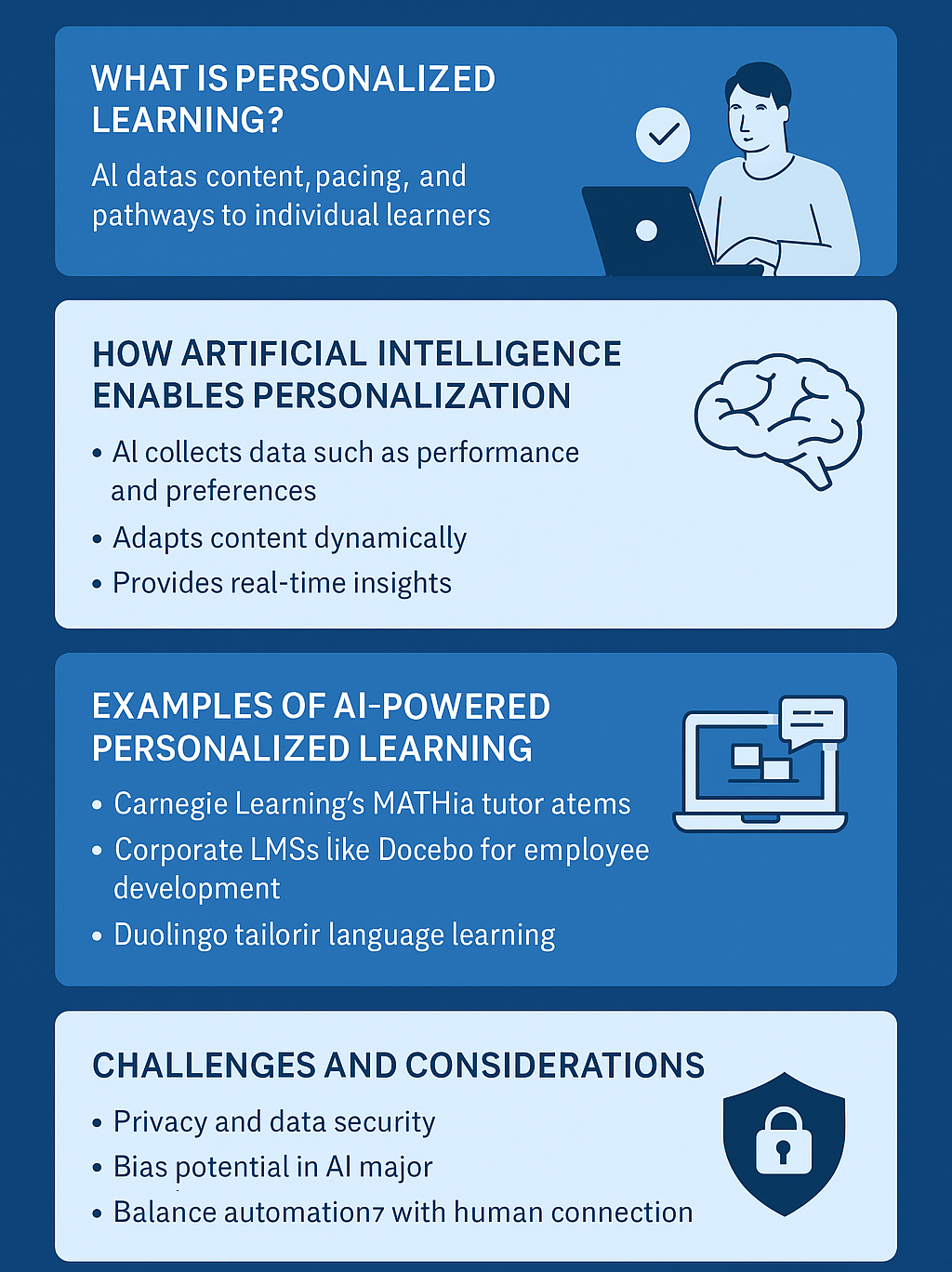
🎯 How Personalized Learning Works with Artificial Intelligence: The Future of Instructional Design
